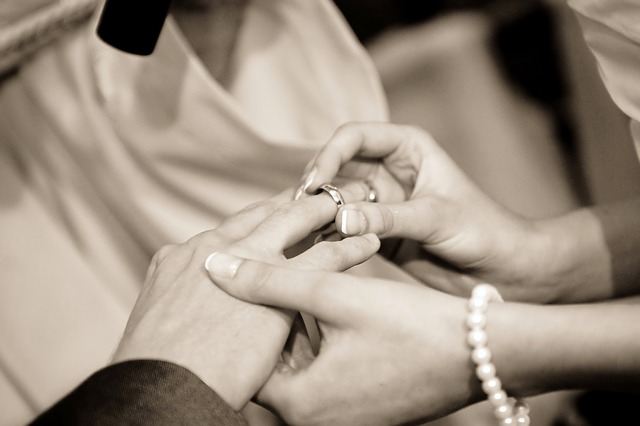
We all express our love in different ways. Typically, we tend to give love in the same way we’d like to receive it. If we’re unable to understand how our significant others feel most loved, it could spell trouble for our relationships.
In his book, The Five Languages of Love: The Secret to Love That Lasts, Dr. Gary Chapman helps decode the following five universal love languages:
1. Words of Affirmation
People who speak this love language value verbal compliments and expressions of appreciation the most. They like being told often things like, “I love you,” “you’re so beautiful,” or “you make me so happy.” At the same time, they’re very sensitive to negative or insulting comments.
2. Acts of Service
Lending a helping hand is how people with this love language show they really care. They’ll do whatever it takes to make their partner’s lives a little easier, such as cooking dinner, washing your car, or doing the dishes (my personal favorite). Basically, anything that requires time and effort. One thing to watch out for though is if you don’t return the favor, they’ll feel like you don’t appreciate them.
3. Receiving Gifts
For some people, nothing says “I love you” more than receiving a meaningful gift from their partner. This doesn’t necessarily mean they’re materialistic, it just means a tangible symbol of love makes them feel most appreciated. Giving them a thoughtless gift wouldn’t go over well at all. It needs to be a well thought out gift from the heart.
4. Quality Time
Always being there for people with this love language is crucial. They want your undivided attention with no distractions. Sitting on the couch together watching TV doesn’t count, especially if you’re both really into the show you’re watching. They’d prefer sitting down with you and talking about how your days went, laughing together, or taking a nice walk. Postponing dates or not listening are no-nos because they will feel extremely hurt by it.
5. Physical Touch
Handholding, kissing, or any type of physical contact makes people who speak this language feel safe and loved. Don’t get me wrong, these people aren’t obsessed with PDA, they just like to be a little touchy-feely. If your partner speaks this love language and you’re not a very affectionate person, they may start to feel a little lonely in the relationship. So, you’ll need to make more of an effort in this department. Something as simple as giving them a kiss and a hug when they come home would speak volumes to them.
I actually learned my love language after receiving this book years ago as a gift (a perfect one for this bookworm and self-help book junkie). After reading it, I had an epiphany about a past relationship. I realized that one of my top love languages was words of affirmation, while my former boyfriend’s language was most definitely acts of service. He showed he cared by fixing things for me and doing me favors. Although I appreciated it, I still felt unloved because he rarely expressed through words the way he felt about me. I know they say actions speak louder than words, but that doesn’t apply to someone who speaks my love language. We need to hear those three little words and we need to hear them often.
At the same time, I was very caring and sweet toward my boyfriend, but he felt like I wasn’t giving him enough of what he wanted in a relationship. Yet neither of us thought we were falling short because we were expressing our love how we wanted to receive it. Turns out, we just spoke different love languages and never learned how to bridge that gap.
Learning to speak your significant other’s love language can take you out of your comfort zone a bit, but it’s important to make a conscious effort. Knowing this information can help you build a deeper connection and make your partner feel fulfilled in the relationship. It’s all about communicating your needs to each other. Remember, we aren’t mind readers.
Although we tend to favor a particular love language, that doesn’t mean we don’t enjoy the others. We may actually find we feel equally loved by a couple of them. Even after we learn our significant other’s love language, it’s okay to express our love for them in all sorts of ways. Just be mindful of the one they prefer the most.
To find out what your love language is, take the quiz here. Don’t forget to have your partner take it too!
Get a copy of Dr. Chapman’s book below (very eye-opening read!)*:





No Comments